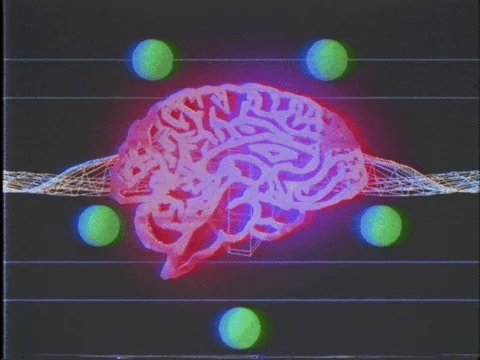
Have you heard that people are either "left-brained" (analytical) or "right-brained" (creative)?
It's actually just a myth! There's no science behind it.
Breaking away from this outdated way of thinking is exciting because it opens up so many possibilities for how you can use your brain. By letting go of the myth, you'll be able to tap into both creativity and logic,giving you the power to approach learning and problem-solving in a much more balanced and flexible way.
Imagine what you could achieve with that kind of potential!
The Concept of Right-Brainers and Left-Brainers
Recent neuroscience reveals the surprising truth: both sides of your brain work together in harmony,influencing everything from creativity to problem-solving.
The video below will change how you think about your abilities — don’t miss out on this crucial insight that could unlock your full potential.
As highlighted in the video:
The idea of left-brain vs. right-brain dominance is a myth. Both sides work together in complex ways.
While certain functions may be stronger on one side of the brain, whether it's the left or right, they require whole-brain involvement.
The brain can change and grow, helping us learn new skills no matter which side is usually stronger.
Emotional processing and social skills engage multiple areas of the brain, highlighting the interconnectedness of our cognitive functions.
Understanding how the brain really works can improve how we approach learning and creativity.
Myths and Misconceptions
Take a look at this math board game from one of the projects I worked on in 2020.
This math board game aims to make learning math interactive by helping children practice key math skills through play. It supports learning in a creative way with using problem solving skills to make education fun.
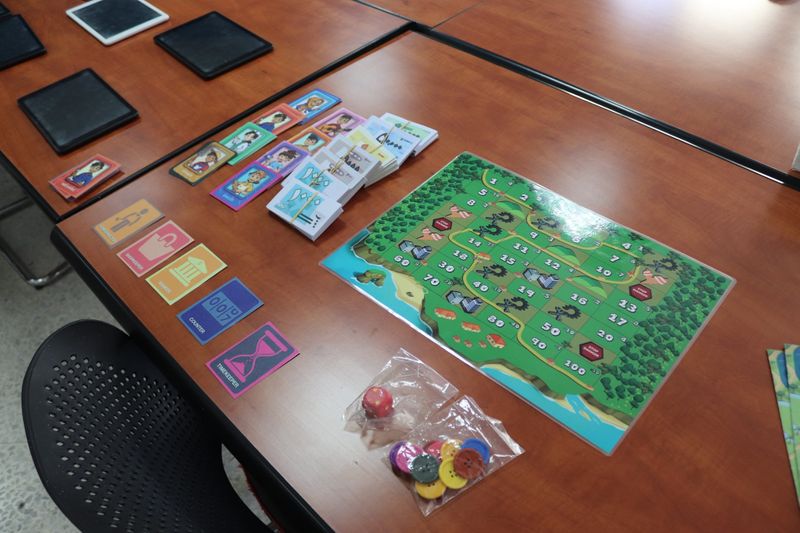
It might seem that creativity and graphic design were the dominant elements, but much more was involved. My work wasn’t handled by only the "right brain." In fact, a wide range of skills from both hemispheres was necessary:
Left brain skills: I used logical thinking and problem-solving to structure the game and make sure that it aligned with math learning objectives. Analytical thinking ensured that the game's complexity and fairness were balanced.
Right brain skills: Creativity and imagination were required to design the visual elements and develop a fun and engaging narrative, which makes the game appealing and interactive.
This example can apply to many other skills in life, such as:
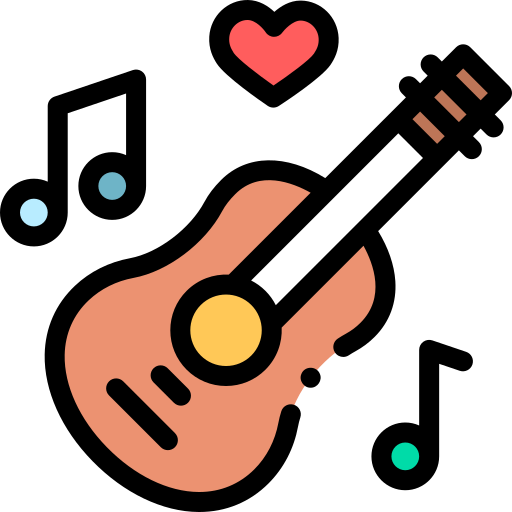
Playing music, where both logic and creativity are needed to read notes and express emotion.
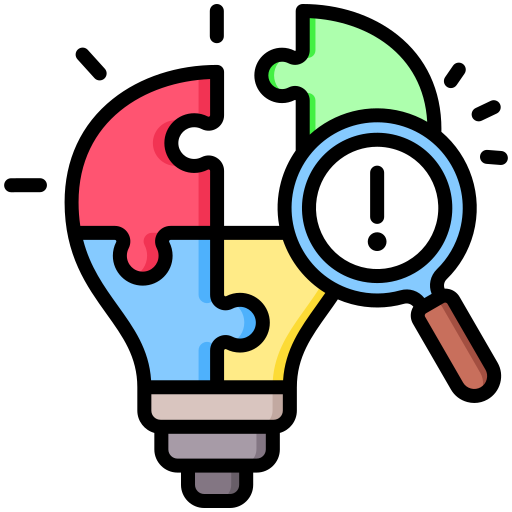
Solving complex problems at work, where data analysis (left brain) and innovative thinking (right brain) come together.
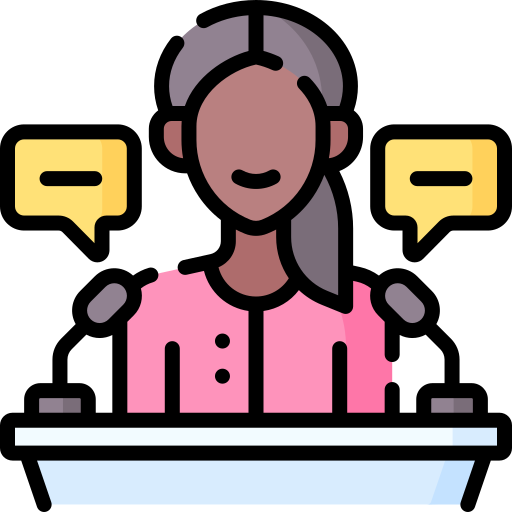
Public speaking and communication, organizing ideas logically while adding emotional depth and storytelling requires the whole brain.
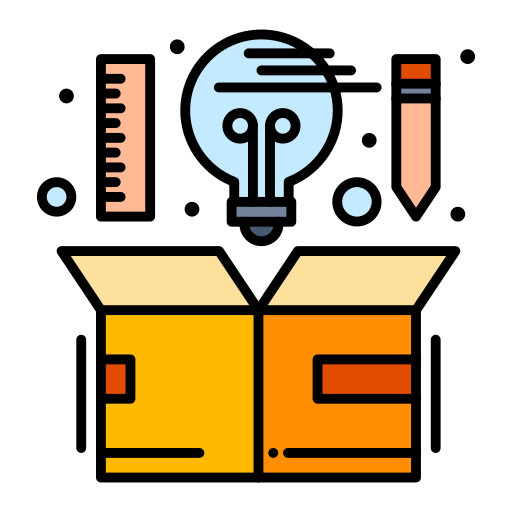
Designing products or services involves both technical precision and creative flair. In every project, both sides of the brain collaborate to achieve the best results!
Quiz
If you’re analyzing data for a project but also need to create a presentation to make it visually appealing, which parts of your brain are you likely using?
Why Does It Matter?
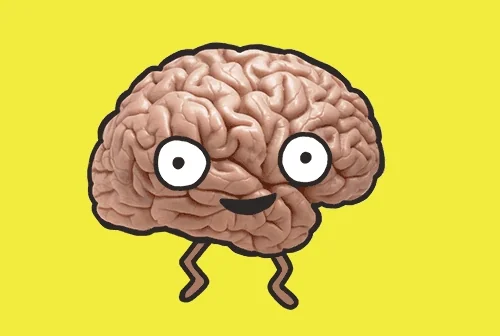
Did you know why it’s important that the right and left sides of the brain work together? It’s because this teamwork helps you use both creativity and logic, unlocking your full potential without limiting your thinking!
Quiz
You’re a student working on a project that needs both creativity and logic. What should you do?
Reality Check
 Photo by Scott Graham on Unsplash
Photo by Scott Graham on UnsplashResearch published in 2021 shows that people can develop creative skills typically associated with the right hemisphere through targeted training, regardless of their initial abilities. The study reinforced the idea of neuroplasticity: the brain's ability to adapt and develop both logical and creative skills.
Quiz
If you see yourself as logical but want to enhance your creativity, what can you do?
Take Action
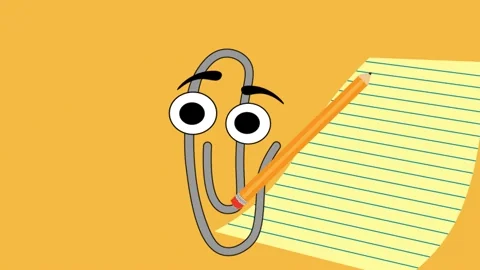
Go ahead and give these tips a try to unlock your brain's full potential by harnessing both your left and right hemispheres!
Your feedback matters to us.
This Byte helped me better understand the topic.
